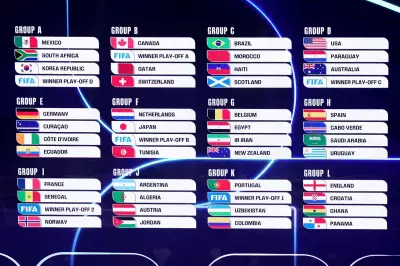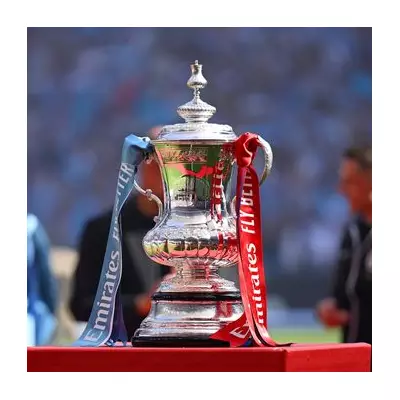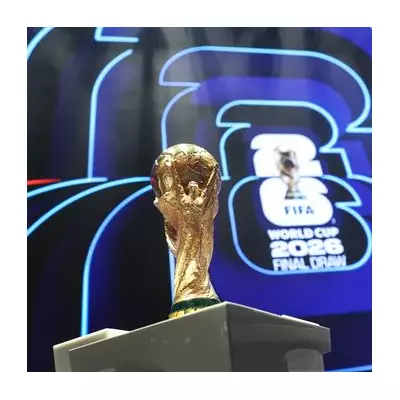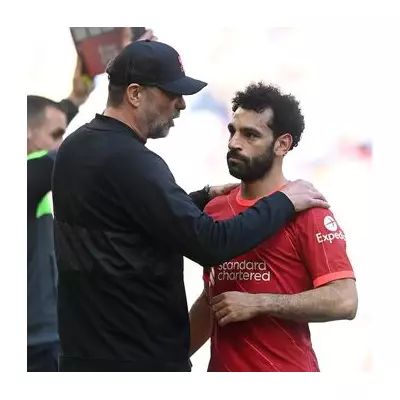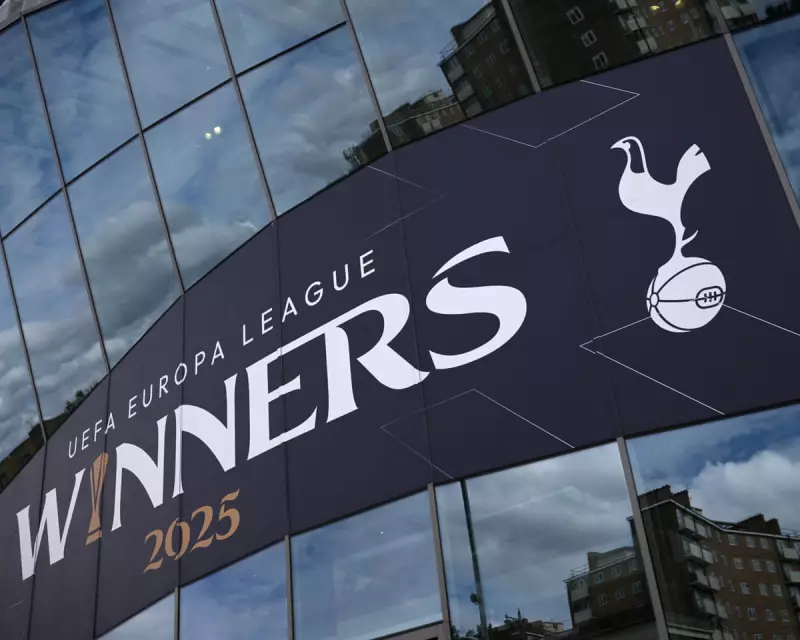
Tottenham Hotspur have emphatically rejected two separate takeover approaches for the club, making it clear that the North London giants are not currently for sale despite significant interest from wealthy investors.
The approaches, understood to have been made in recent months, were swiftly dismissed by owner Joe Lewis and chairman Daniel Levy through their ENIC Group holding company. This firm stance comes despite the club's substantial valuation, which would likely exceed £2 billion in any potential sale.
Amanda Staveley's Involvement Revealed
Among the interested parties was financier Amanda Staveley, who played a pivotal role in Newcastle United's Saudi-backed takeover. Staveley, through her PCP Capital Partners firm, has been actively exploring opportunities in Premier League ownership despite her ongoing involvement with the Magpies.
The second approach came from another international consortium, details of which remain confidential. Both bids were considered serious approaches but were rejected at the preliminary stage without progressing to detailed negotiations.
ENIC's Commitment to Tottenham Project
Sources close to the ownership have indicated that Lewis and Levy remain fully committed to their long-term project at Tottenham. The club's state-of-the-art stadium, regularly sold-out attendances, and consistent Champions League qualification have made it one of the Premier League's most attractive assets.
However, the current owners believe there is still significant untapped potential in the club's commercial and sporting development. The recent investment in the squad and infrastructure demonstrates their continued commitment to taking Spurs to the next level.
Staveley's Football Ambitions Continue
Despite this setback, Staveley's interest in expanding her football portfolio highlights the continuing appeal of Premier League clubs to international investors. Her involvement in the Newcastle takeover, which transformed the club's fortunes, demonstrates her capability to structure major football acquisitions.
The rejection from Tottenham suggests that despite the enormous financial resources required, not every Premier League club is available to the highest bidder. Some owners remain focused on long-term projects rather than immediate financial gains.
This development comes at a time when Premier League ownership rules are under increased scrutiny, and the value of top-flight clubs continues to soar despite economic uncertainties elsewhere in the economy.


